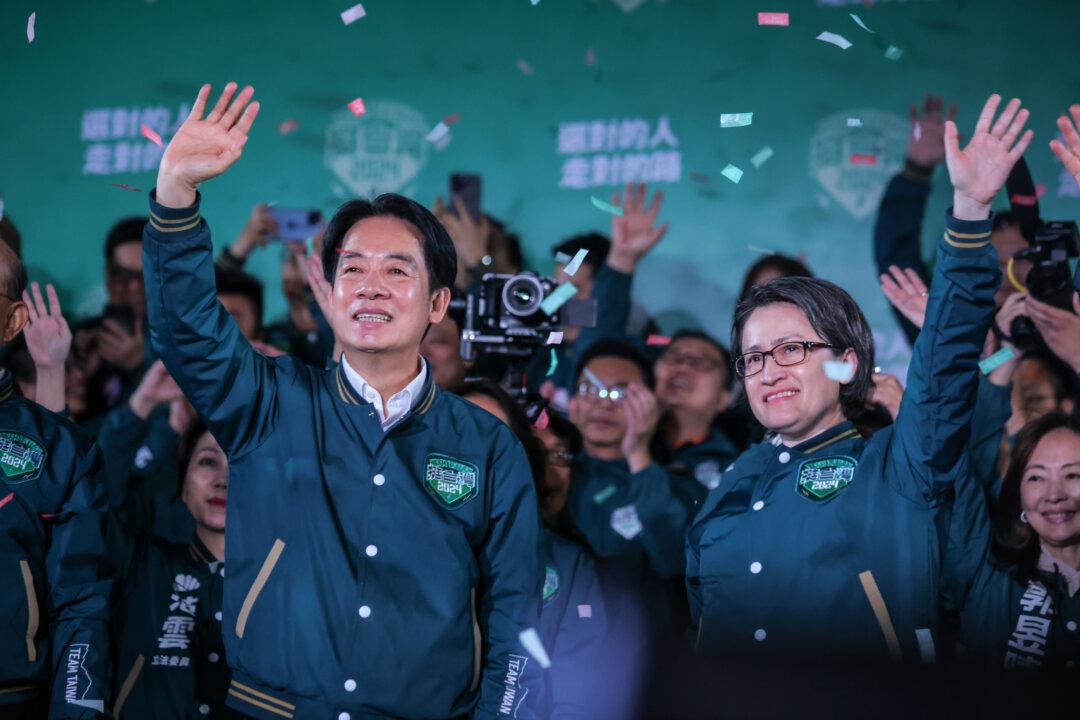In the 2024 Taiwanese presidential and legislative election on Jan. 13, current Vice President Lai Ching-te, also known as William Lai, was elected the 16th president. The Japanese government was the first to congratulate him, and Mr. Lai held talks with an official Japanese delegation the day after his election, emphasizing the close relationship between Japan and Taiwan.
Mr. Lai was born in New Taipei City, and his father died in a mining accident when he was young. He studied medicine at the National Taiwan University and received a master’s degree in public health from Harvard University. The year 1996 saw Taiwan’s first direct presidential election, and China threatened to fire missiles into the Taiwan Strait. In the face of Taiwan’s crisis, Mr. Lai decided to give up medicine and enter politics. Since then, he has served as a member of the Legislative Yuan, mayor of Tainan, and president of the Executive Yuan, and he is now chairman of the Democratic Progressive Party and Vice President of Taiwan.





